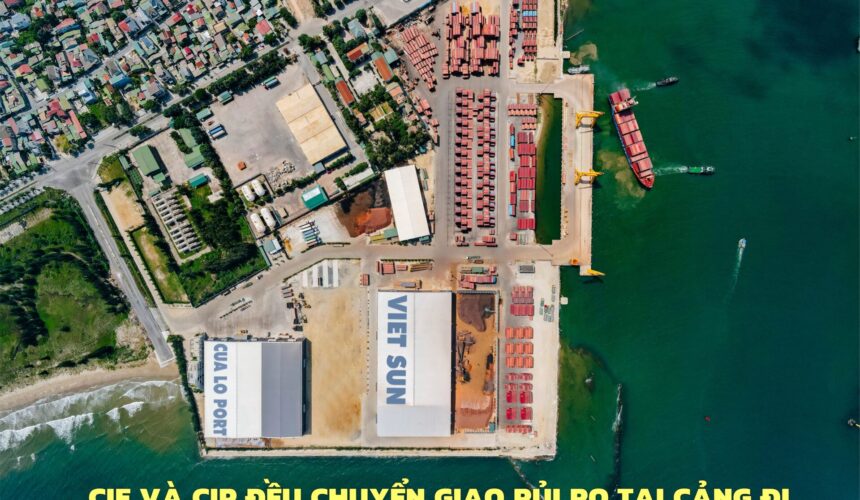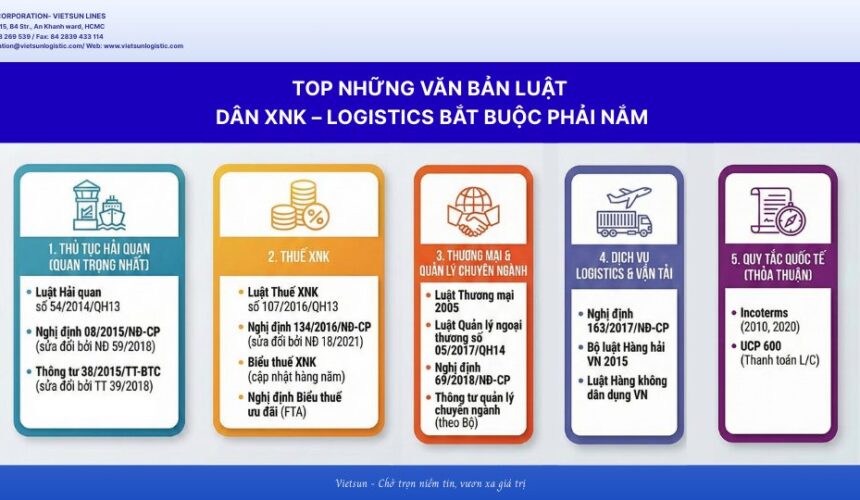In import-export and logistics activities, Bill of Lading (B/L) is one of the most important transport documents, issued by the carrier or their representative after receiving the goods from the sender.
Simply put, a bill of lading is a document confirming receipt of goods for transport from the port of departure to the port of destination, and is also a legal basis binding between the carrier and the owner of the goods.
Origin and Meaning of Bill of Lading
The word "Lading" in English means loading onto vehicles, and “Bill” means documents, invoices. Therefore, Bill of Lading can be understood as Certificate of loading – document confirming that the goods have been delivered to the carrier to carry out the agreed transportation journey.
 Main function of bill of lading (B/L)
Main function of bill of lading (B/L)
- Evidence of the contract of carriage – confirms the terms and responsibilities between the shipper, receiver and carrier.
- Receipt of goods – confirmation that the carrier has received the goods for transportation.
- Documents of title to goods – showing ownership and can be transferred or mortgaged when needed.
The practical effects of bills of lading in import and export
- Is the basis for customs procedures.
- Is an important component in the set of international payment documents, especially in bank transactions (L/C).
- Used to check, count and compare delivered goods.
- Can be bought, sold, transferred or mortgaged depending on the type of bill of lading used.
Hotline: 028 3826 9539
📧 Email: admin@vietsunlogistic.com
🌍 Website: www.vietsunlogistic.com
Vietsun – Transport full trust, reach out values







